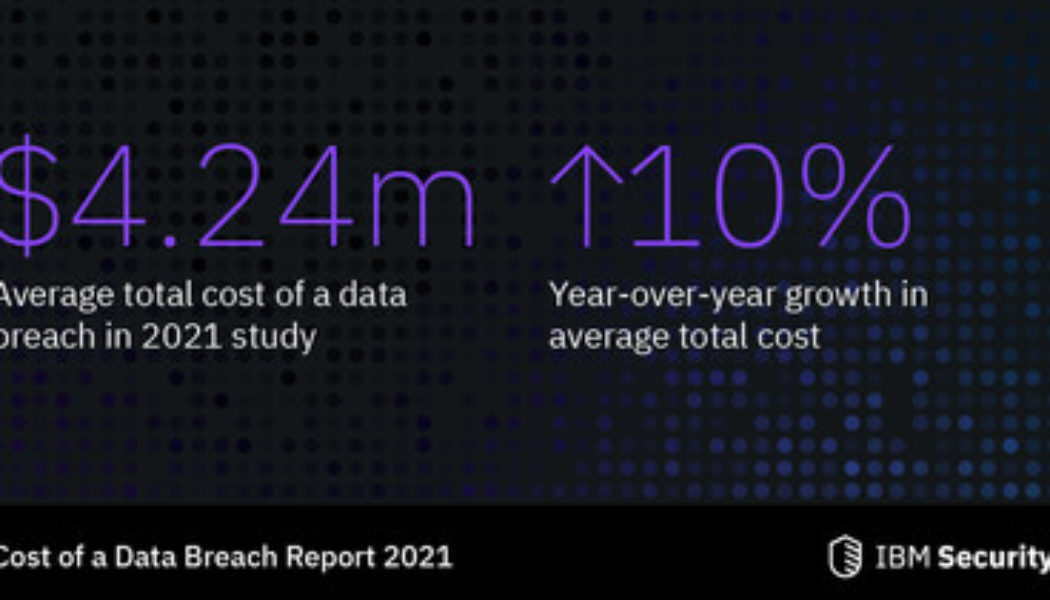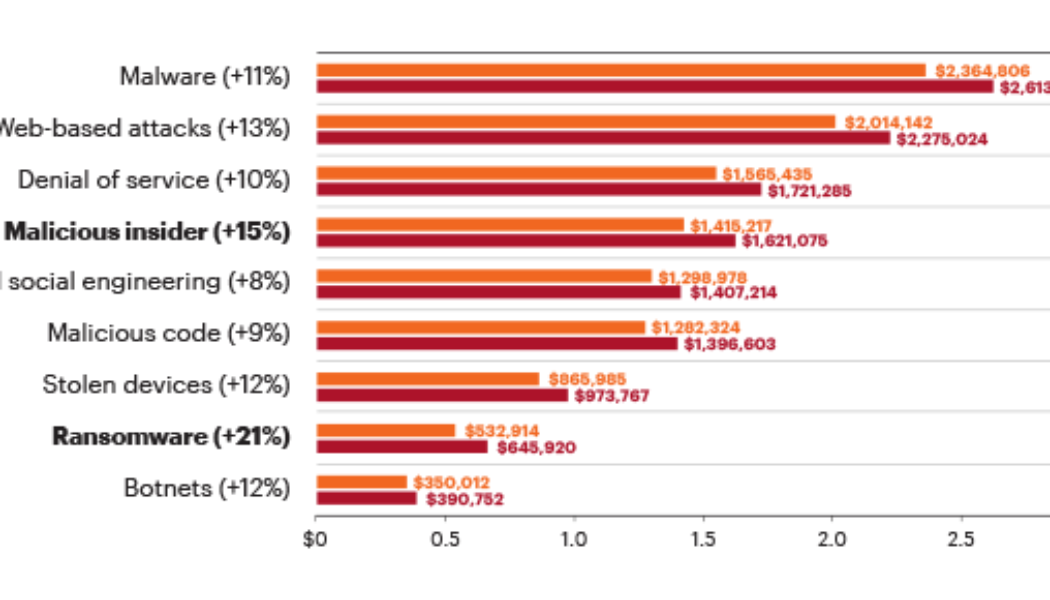Security Tech
Exclusive Networks Acquires Cyber Specialist to Establish Sub-Sahara African Presence
Jesper Trolle, CEO Exclusive Networks. Exclusive Networks, a global trusted cybersecurity specialist for digital infrastructure, has completed its acquisition of Networks Unlimited. Networks Unlimited is a major regional value-added distributor serving 38 national markets in Africa with cybersecurity and infrastructure solutions. The acquisition establishes Exclusive Networks’ first presence in sub-Saharan Africa, expanding its global footprint and providing new opportunities for vendor and reseller partners both within the region and around the world. “This is the perfect acquisition for us in Africa – I’m pleased to welcome Networks Unlimited into the global Exclusive family and believe this brings a host of benefits and opportunities to all our partners,” said Jesper Trolle, CEO at Excl...
The High Cost of Cybercrime is Getting Higher
Image sourced from Finance Times. If cybercrime organizations could be publicly traded, we’d have an instant new multibillion-dollar industry sector. Indeed, cyber threats have become so pervasive that U.S. President Joe Biden recently signed an executive order aimed at improving federal cybersecurity in the wake of multiple significant cyberattacks, including the ransomware attack that shut down the Colonial Pipeline. Meanwhile, a broad coalition of experts in the industry, government, law enforcement, civil society, and international organizations have joined together in the Ransomware Task Force to build a framework for combatting ransomware. Ransomware attacks are only one method, however. Threat actors also use distributed denial-of-service (DDoS) attacks to ratchet up the p...









